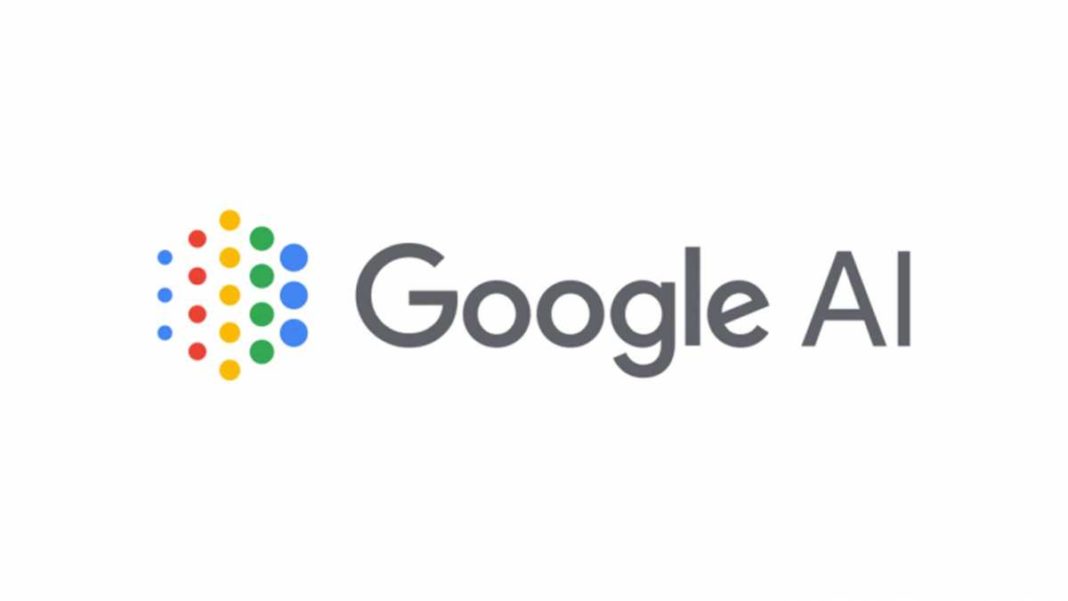Google has launched a new search tool that aims to make it easier for scientists and researchers to uncover information related to the coronavirus. The COVID-19 Research Explorer uses semantic search, a technique that employs artificial intelligence to surface meaningful results, to look through more than 50,000 journal articles and preprints in the COVID-19 Open Research Dataset.
In a blog post Monday, Google research scientist Keith Hall wrote that traditional search engines are good for real-time information on COVID-19, like the number of cases in the US, but struggle to understand the meaning behind research-driven queries.
“When the user asks an initial question, the tool not only returns a set of papers (like in a traditional search) but also highlights snippets from the paper that are possible answers to the question,” Hall wrote. “The user can review the snippets and quickly make a decision on whether or not that paper is worth further reading.”
Google said the tool also includes a unique feature that lets researchers ask up to two follow-up questions after being shown their initial results. The tool will be available to the research community on a short-term basis, Google said, but didn’t provide a specific duration.
COVID-19, the respiratory disease caused by the coronavirus, has rapidly spread across the globe. There are now over 3.6 million confirmed cases globally, with more than 1.1 million in the US as of Tuesday.

